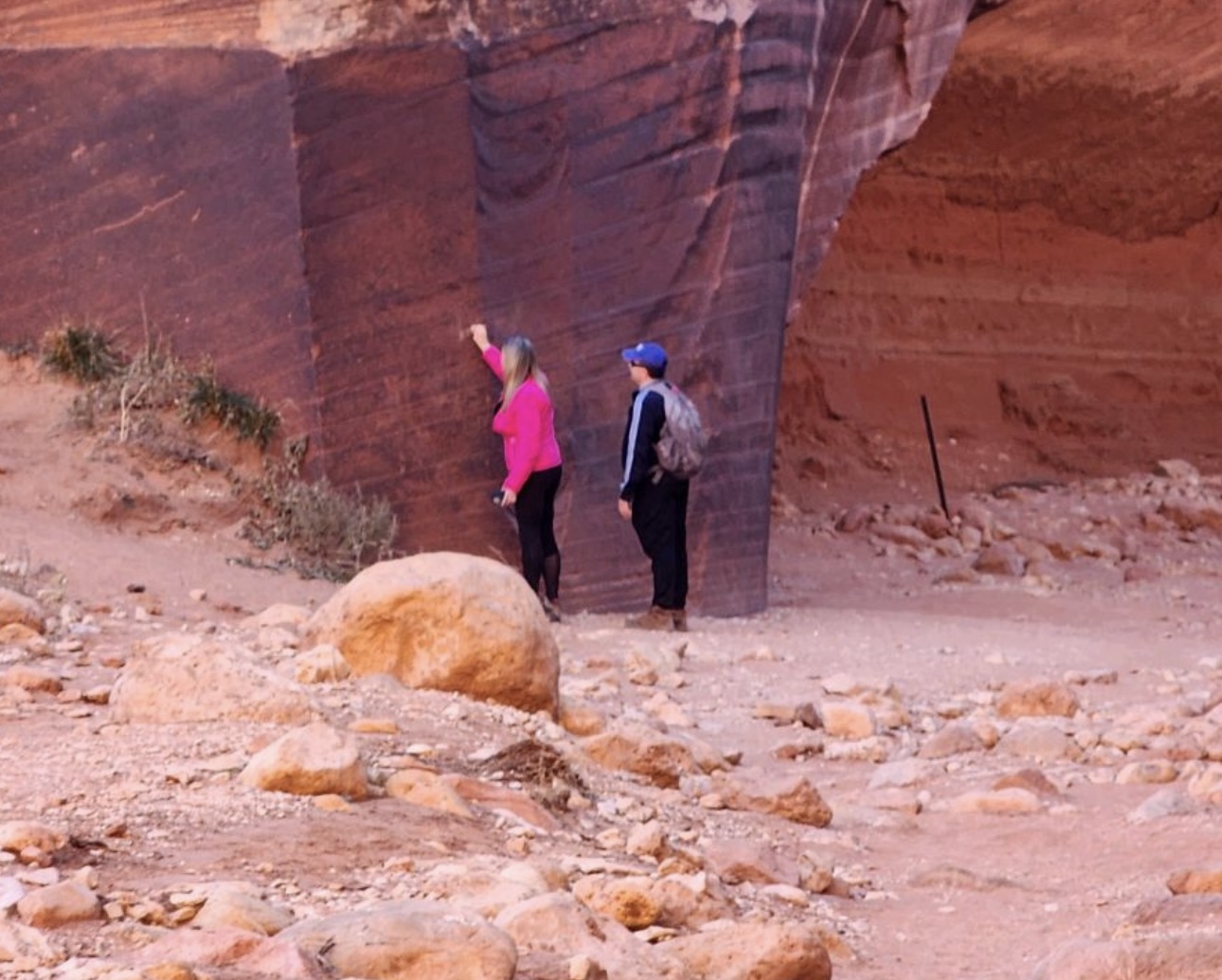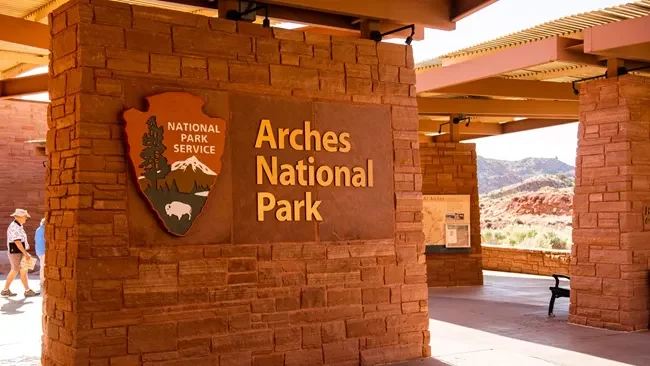Some information may be outdated.
“I don’t support the whole concept. I’m not going to be a part of it,” said San Juan County Commissioner Bruce Adams.
Adams, the commission’s lone Republican, voted against a resolution to hire William Cooper, an attorney who previously testified in the Navajo Nation’s redistricting lawsuit against San Juan County, to assess 2020 census data for San Juan County and redraw election district maps for the county commission and the school board, if needed. The resolution passed two to one at the regular meeting on May 18, with commissioners Kenneth Maryboy and Willie Greyeyes voting in favor.
In 2012, the Navajo Nation brought suit against San Juan County under the federal Voting Rights Act which resulted in the reconfiguration of the county’s voting districts and the altering of the county’s political landscape. As a result, the county commission became majority Democrat and majority Navajo for the first time.
This year’s census and statewide redistricting could, again, change the political landscape in the county.
“We have redistricting happening on the statewide level for our state House and Senate districts, and districts for our congressional representatives, and then simultaneously, we have redistricting happening on the county and municipal levels,” said Niki Venugopal, director of campaigns for the American Civil Liberties Union of Utah.
San Juan County was 50.4% Native American and 45.8% white according to the 2010 census. In 2016, Federal District Court Judge Robert Shelby found that the county’s voting districts violated the 1965 Voting Rights Act and the Constitution by not protecting the Navajo Nation’s voting rights. The majority of Native American voters were gerrymandered into one voting district.
“There was that necessary redraw because of allegations of racial gerrymandering in San Juan County. Now they have to go through this next mandated process on the timeline with the census,” said Venugopal.
Shelby appointed Bernard Grofman, a University of California, Irvine political science professor, to redraw the county’s voting districts according to population data in 2016. The three voting district maps that Grofman presented each provided opportunity for a majority-Navajo county commission and school board. Each map was consistent with the “one person, one vote” mandate, which requires that electoral districts be drawn according to population only.
The county election in 2018 resulted in the first-ever majority-Navajo county commission in San Juan’s history. Commissioners Willie Greyeyes and Ken Maryboy, both Navajo and Democrat, swore their oaths in 2019 alongside Republican commissioner Bruce Adams.
“I’m sure it’s a culture shock for most of you that we have two Native Americans sitting on the county seat, but nevertheless, we will do what we can to make better lives for those of you that reside in San Juan County and those of you that are affiliated with San Juan County,” Maryboy said after the swearing-in ceremony in January of 2019.
The voting rights lawsuit was finally put to rest in fall of 2019, when the San Juan County Commission voted to pay $2.6 million in plaintiff’s fees to Navajo Nation attorneys over an eight year period.
Now, San Juan County is preparing for another potential redrawing of their electoral districts based on the findings of the 2020 census. Census results should be available in September of this year.
Cooper, an expert on drawing electoral district maps, will go through the 2020 census data and advise the county commission on whether or not voting districts will need to be reconfigured for the county commission and school board. Cooper has assessed redistricting maps for around 700 different jurisdictions since 1986. He was consulted as an expert by the Navajo Nation in their previous lawsuit against San Juan County.
“What’s important is that the end decision belongs to this commission on redistricting,” said Deputy County Attorney Alex Goble at the commission’s May 18 meeting. He recommended that the county look into writing an ordinance for redistricting policies in the future “so that we don’t have to go through this process every ten years and recreate the wheel.”
Cooper requests payment of $125 per hour for approximately 40 hours of work, which will amount to a $5,000 cost to the county. Commissioner Maryboy pointed out that Cooper’s $5,000 charge pales in comparison to the millions in legal fees that the county shelled out to settle the Navajo Nation’s lawsuit.
“We lost a lot of money. Not only the Navajos, but everyone in San Juan County, all the way from Spanish Valley down to the river, Navajo Mountain and Aneth,” said Maryboy. “$5,000 is nothing compared to what we’ve lost.”
San Juan County Clerk John David Nielson spoke during the May 18 meeting’s public comment period, claiming he was expressing concerns as a citizen, not as a public official. Nielson was investigated for electioneering in 2019, after volunteers working with the ACLU of Utah found copies of a newspaper opinion piece in voting locations in the Navajo Nation during the county’s 2018 election. Ultimately, no charges were brought against Nielson.
On May 18, Nielson referred to Shelby’s appointment of Grofman as an independent consultant. He argued that hiring Cooper, an expert for the Navajo Nation in the previous lawsuit, could present a conflict of interest.
“I just hope the commission could go through the process creating transparency to hire somebody who would look at the data and draw maps without any sort of bias,” Nielson said.
County Attorney Kendall Laws’ legal opinion regarding hiring Cooper suggested the assembly of a redistricting committee to assist Cooper in his work and for future election years.
“This county consists of Hispanics, Navajo, Utes and different nationalities. We have to look at it from all different sides,” said Maryboy. “I believe this is the ticket. I would like it if I can have support from the commissioners to retain Mr. Cooper to help us do this.”
The commissioners voted to hire Cooper, whose work is expected to begin in September after the 2020 census findings are released.
“It’s something to keep an eye on and see where it goes,” said Venugopal. “The big question is, given the historical problems in San Juan County with voter discrimination and Indigenous voters not having access to equal representation, will we continue down the road of improving, or is some of that progress going to be backtracked and lost?”
Appreciate the coverage? Help keep local news alive.
Chip in to support the Moab Sun News.




